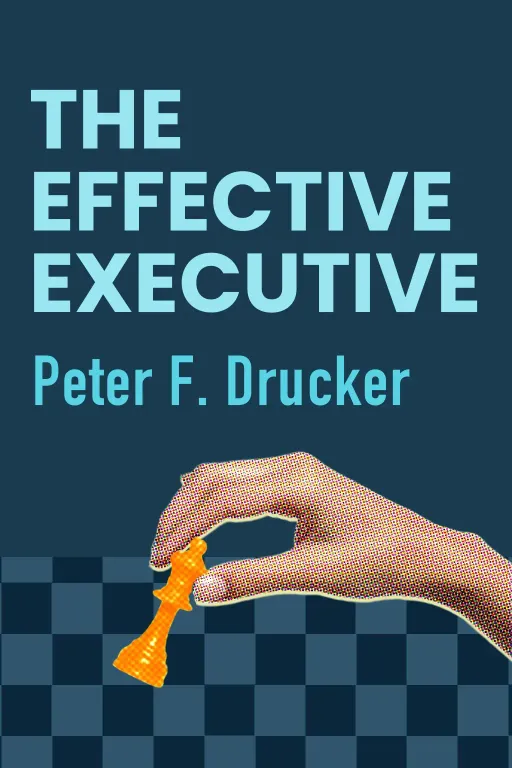
The Effective Executive
Peter F. Drucker
A concise blueprint for effectiveness as an executive within an organization and a practical guide to managing oneself for performance and achievement, whether within an organization or on one’s own. It emphasizes that effectiveness can be learned and provides practices for executives to improve their performance.
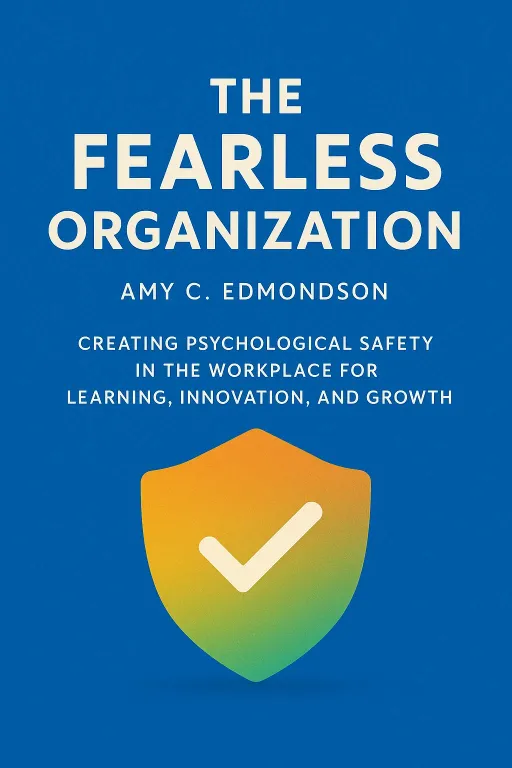
The Fearless Organization
Amy C. Edmondson
Explore how to cultivate psychological safety in the workplace to foster learning, innovation, and growth. This book delves into the power of creating an environment where employees feel comfortable sharing ideas, concerns, and mistakes without fear of retribution, ultimately leading to a more engaged and successful organization.
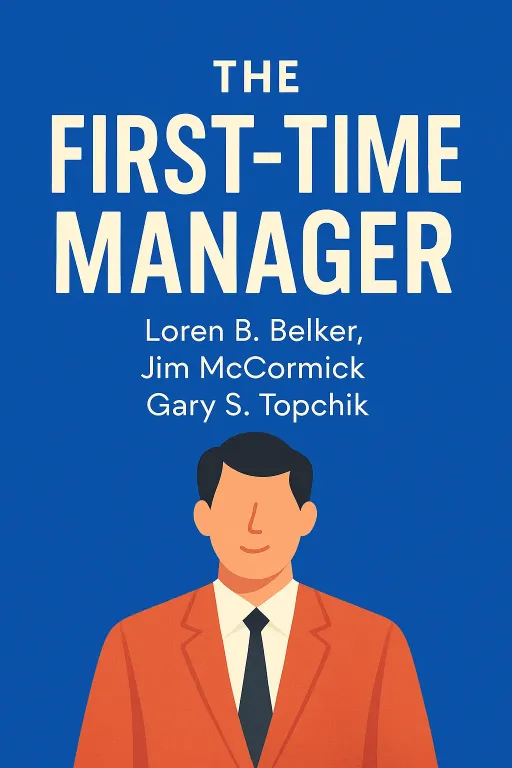
The First-Time Manager
Loren B. Belker
A comprehensive guide for new managers, offering practical advice and strategies for navigating the challenges of leading a team. Learn how to build trust, motivate employees, and develop essential management skills to succeed in your new role.
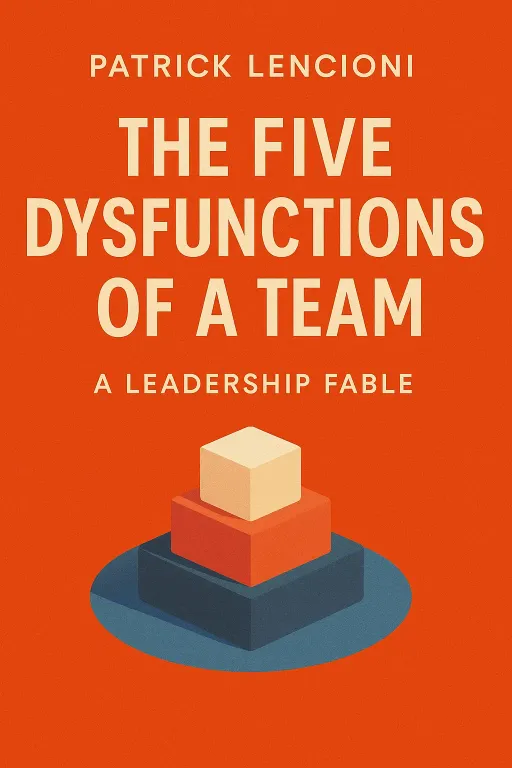
The Five Dysfunctions of a Team
Patrick Lencioni
In 'The Five Dysfunctions of a Team,' a new CEO, Kathryn Petersen, takes the reins of DecisionTech, a promising Silicon Valley startup plagued by internal strife. Through a compelling fable, the book explores the critical dysfunctions that hinder teamwork and provides practical guidance on how to overcome them, offering a path to achieving a cohesive and high-performing team.
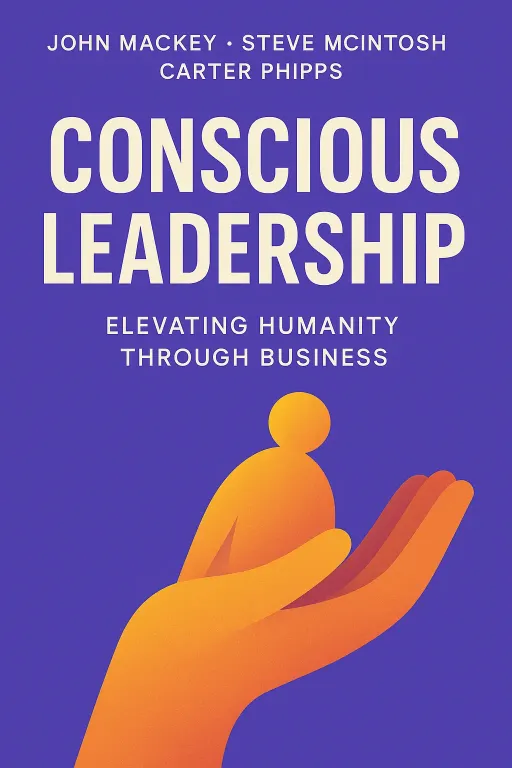
Conscious Leadership
John Mackey
Explore the principles of conscious leadership and how they can transform businesses and elevate humanity. Discover how to lead with purpose, love, and integrity, creating a positive impact on the world while achieving success.
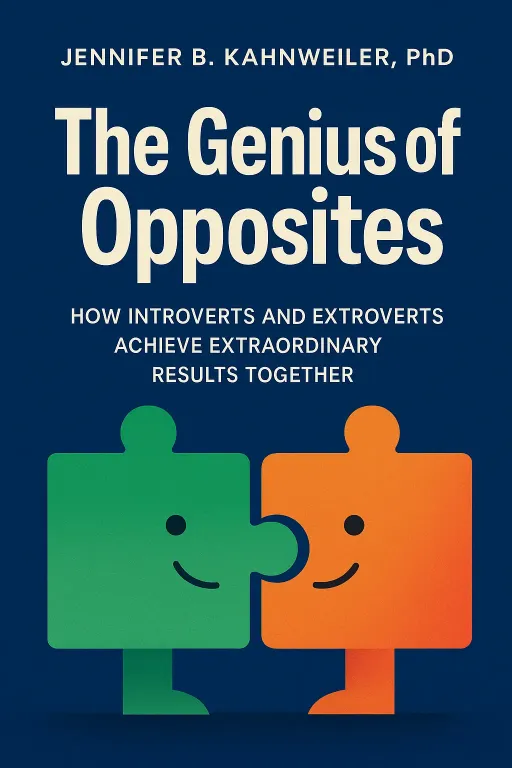
The Genius of Opposites
Jennifer B. Kahnweiler
Discover how introverts and extroverts can work together to achieve extraordinary results. This book provides a five-step process to help opposites navigate their differences, leverage their strengths, and create successful partnerships in the workplace and beyond. Learn how to stop focusing on differences and start moving toward results.
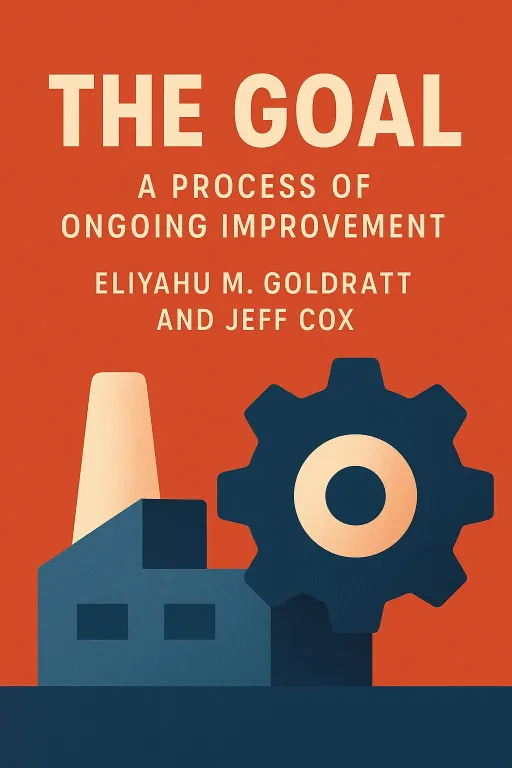
The Goal
Eliyahu M. Goldratt
Alex Rogo is a plant manager whose factory is rapidly heading for disaster. Can he turn it around? His mentor, Jonah, helps him to rethink his business. This book is a gripping novel about manufacturing and management.
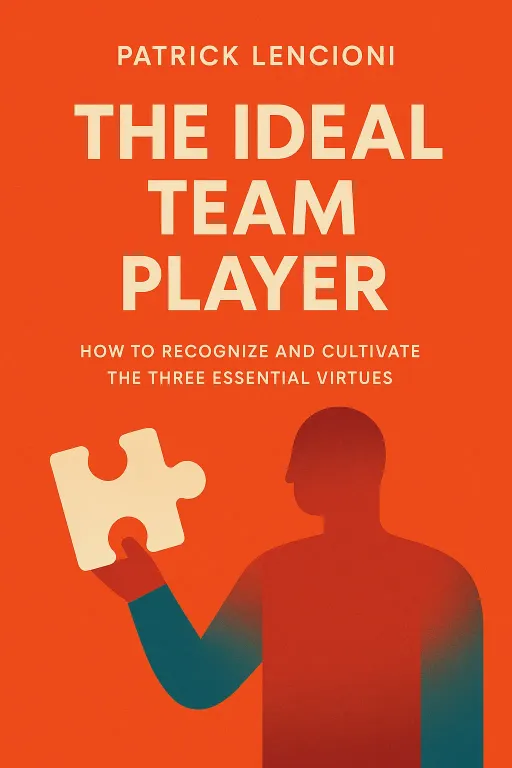
The Ideal Team Player
Patrick Lencioni
Discover the three essential virtues that make an ideal team player and how to cultivate them in your organization. Through a compelling leadership fable, Patrick Lencioni reveals the secrets to building stronger teams, reducing politics and turnover, and achieving extraordinary results.